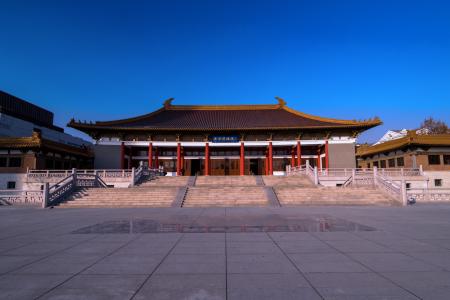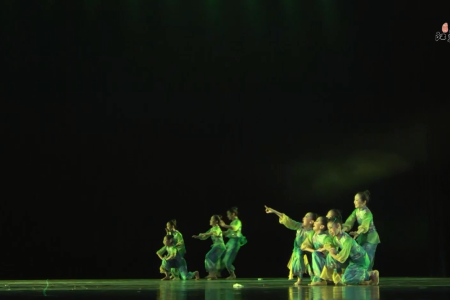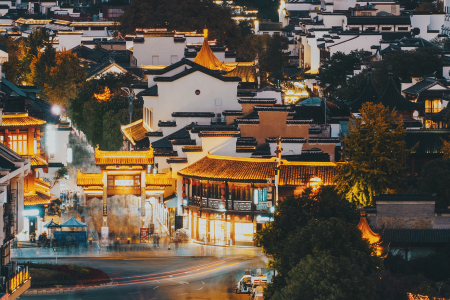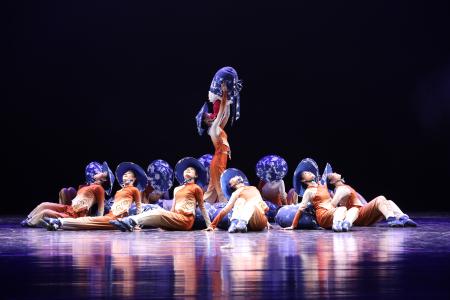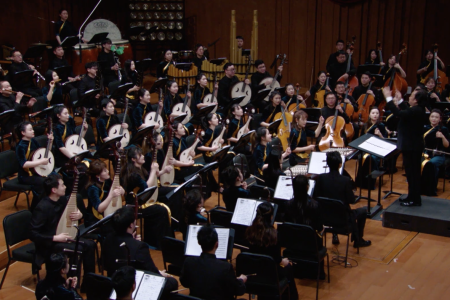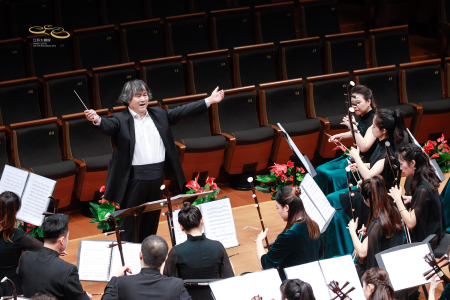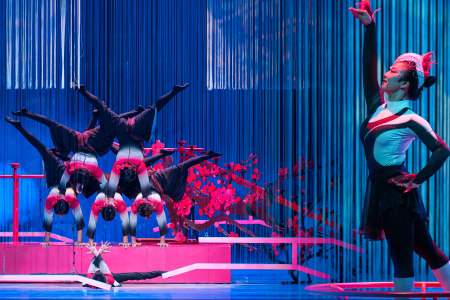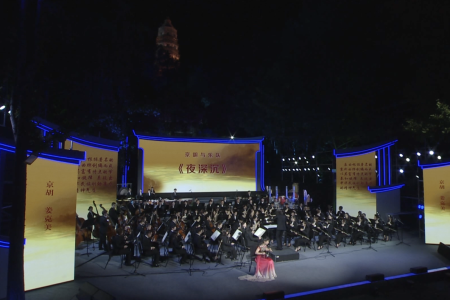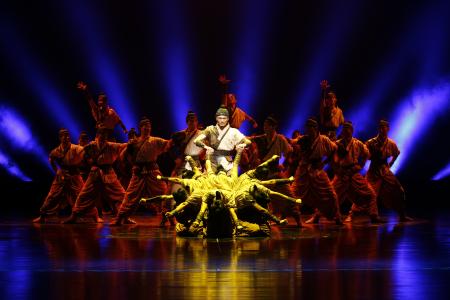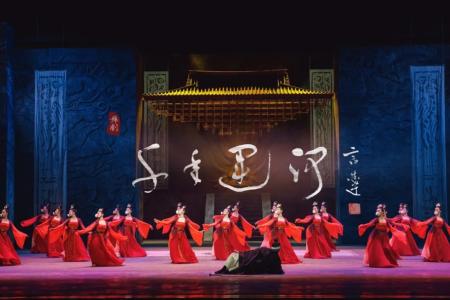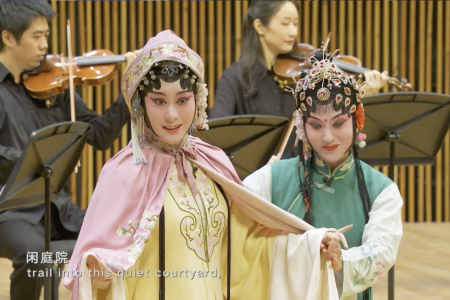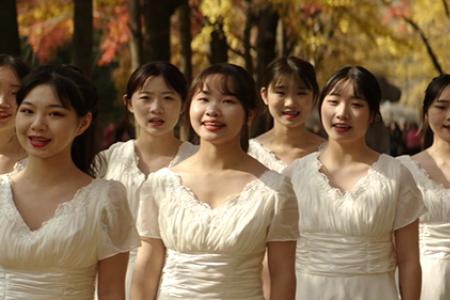China’s “24 Solar Terms” was inscribed by UNESCO on its Representative List of the Intangible Cultural Heritage of Humanity on November 30, 2016. As a supplementary method used to guide farming in ancient China, the knowledge system was built upon the long-term observation of periodic movement of the sun, and changes in seasons, climate and phenology. As early as the Zhou Dynasty and the Spring and Autumn Period (about 2,500 years ago), by using the method of tugui to measure the shadow of the sun, Chinese astronomers determined Spring Equinox, Summer Solstice, Autumn Equinox and Winter Solstice, and then divided the year into 24 solar terms based on the sun’s position in the zodiac during the year and corresponding changes in climate on the earth. Since the Western Han Dynasty (about 2,100 years ago), the use of 24 solar terms has been widely adopted in all ages to provide detailed guidelines for agricultural activities and help farmers work in the right season, such as sowing, field management, harvesting, etc. Over the past 2,000 years, the 24 solar terms have not only been valued as the agricultural calendar by Chinese farmers, but also formed an integral part of the traditional Chinese calendar. In the international meteorological community, the time knowledge system is considered China’s fifth greatest invention.
Located in Southeast China, Jiangsu abounds in natural resources and is known for its picturesque scenery. Following the 24 solar terms, people here live in harmony with nature, making this land full of vitality.
The acrobatic poetic drama “Four Seasons of Jianghuai” is a great fusion of multiple performing arts including acrobatics, storytelling, music, poetry, etc. It depicts the natural beauty of Jiangsu’s natural wetlands in different seasons. The play is structured around farming proverbs on 24 solar terms and composed of four chapters: Plowing In Spring, Planting In Summer, Harvesting In Autumn, Storing Grain In Winter. It introduces the natural history of Jiangsu’s wetlands and tells the story of Jiangsu people taking actions to live sustainably in harmony with nature.
“Four Seasons of Jianghuai” is an original play of Jianhu acrobatics recently presented by Jiangsu Acrobatics Troupe. As a representative of Chinese acrobatics in Southern style, Jianhu acrobatics are widely known for exquisite acrobatic skills and gentle artistic style. It’s been recognized as part of China’s national intangible cultural heritage, and Jiangsu Acrobatics Troupe is responsible for protecting and inheriting Jianhu acrobatics. To better interpret local characteristics of Jiangsu, the narration of the play is performed through Huaiju Opera, another national intangible cultural heritage of China, and also a traditional local opera in Jiangsu. The mellow and melodious tune of its narration complements Jiangsu’s local cultural features well. Together with classic Chinese poems describing seasonal changes, incredible, breathtaking acrobatic skills, and the story line about 24 solar terms, the whole performance is both artistic and popular.
